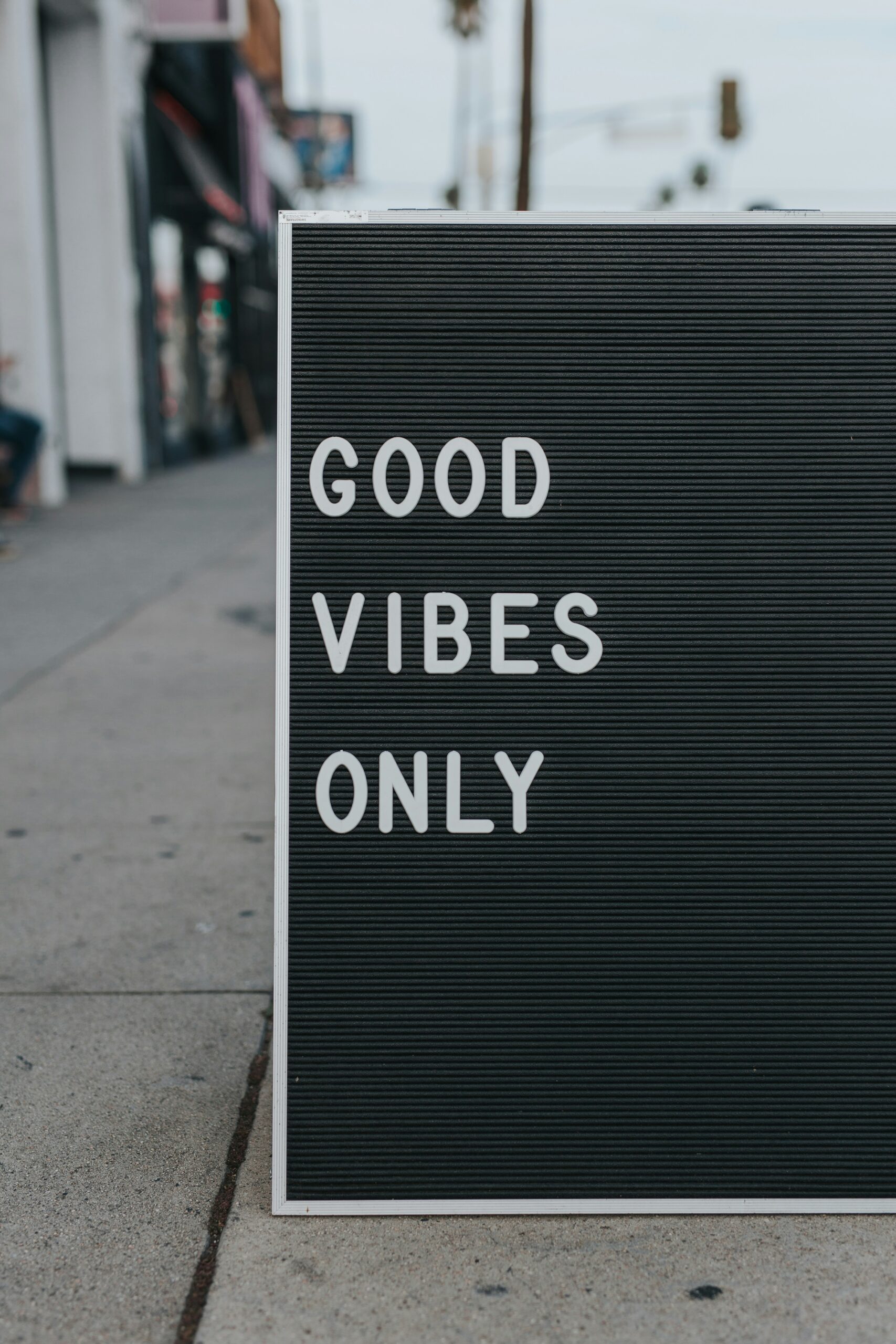Have you ever seen those “Good Vibes Only” t-shirts, like the one Ashton Kutcher famously wore? At first glance, it might seem like a harmless, even uplifting message. But in our household, this kind of mindset isn’t something we embrace. We often say things like “cheer up” or “look on the bright side” to each other, our kids, and our partners. While these phrases are well-intentioned, they can contribute to a culture of toxic positivity and spiritual bypassing.
Embracing the Flow of Emotions
Our bodies are intricate systems where emotions need to flow freely. When we suppress our feelings instead of letting them run their natural course, we risk causing emotional repression and bodily dysregulation. Emotions are meant to be felt and expressed, not bottled up. When we ignore this fundamental aspect of our well-being, it can lead to long-term negative effects on our health.
Welcoming All Emotions
It’s crucial to understand that all emotions are valid. As parents, we need to recognize that every emotion our child experiences is welcome. There are no “bad” emotions. While some may be uncomfortable, like anger, they’re still important. Anger, for instance, is a powerful signal that something is wrong. However, many of us haven’t learned how to express anger in a healthy way.
Expanding Our Window of Tolerance
Children’s emotions can often trigger strong reactions in us as parents. It’s easy to fall into the trap of saying “stop crying” or “stop whining.” I’ve been there too. This is why it’s vital to expand our window of tolerance and learn to regulate our own bodies. By doing so, we can hold space for our children’s emotions and guide them effectively. Approaching their outbursts with curiosity and compassion helps them feel seen and understood, rather than dismissed.
When I realized this, it transformed how I handled my kids’ less-than-happy moments. Most of the whining, crying, and tantrums are their ways of trying to regulate themselves. What they need from us in those moments is co-regulation, not suppression. If we react by escalating the situation, we all end up more dysregulated and disconnected.
Reflecting on Our Own Self-Talk
It’s essential to reflect on how often we tell ourselves to “keep it positive” or “stay strong.” How often do we suppress our true feelings to avoid inconveniencing others or appearing weak? This habit of emotional suppression can lead to a build-up of toxic emotional energy in our bodies, narrowing our window of tolerance. Over time, this can cause seemingly disproportionate reactions to minor stressors, all because we haven’t practiced good emotional hygiene.
Finding Balance: Emotions vs. Behavior
Let’s be clear: “Good vibes only” is a form of toxic positivity. However, swinging to the other extreme isn’t healthy either. Embracing all emotions doesn’t mean condoning all behaviors. We can support our children in expressing their anger healthily without allowing them to hurt others or break things. The same applies to us. Feeling disappointed or sad doesn’t give us the right to lash out at our loved ones.
Ultimately, we are all responsible for our actions. Teaching our children that all their emotions are welcome—pleasant or uncomfortable—provides an opportunity for growth. They can learn to listen to the messages their emotions convey, rather than avoiding or suppressing them. This approach fosters healthy, authentic expression without giving a free pass to harmful behavior.
By embodying this balanced mindset ourselves, we can teach our kids that it’s okay to feel everything deeply and toxic to deny those feelings. We can guide them to harness their emotions constructively, leading to powerful and positive personal development for both them and us.
Have a question you’d love Michelle to answer on the podcast? “Ask Michelle a Question.” Click this link, record your message, hit send, and I’ll answer it in a future episode!

+ show Comments
- Hide Comments
add a comment